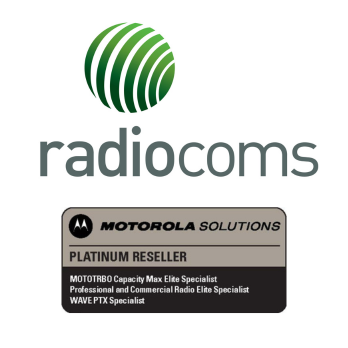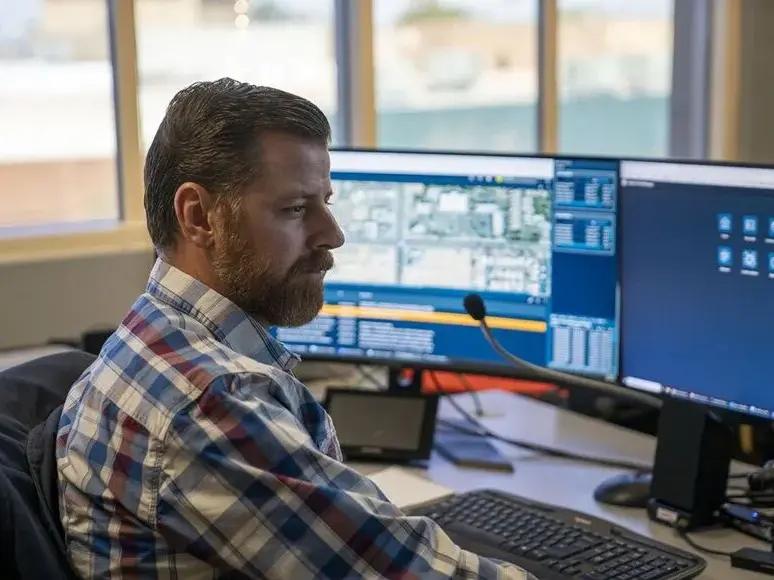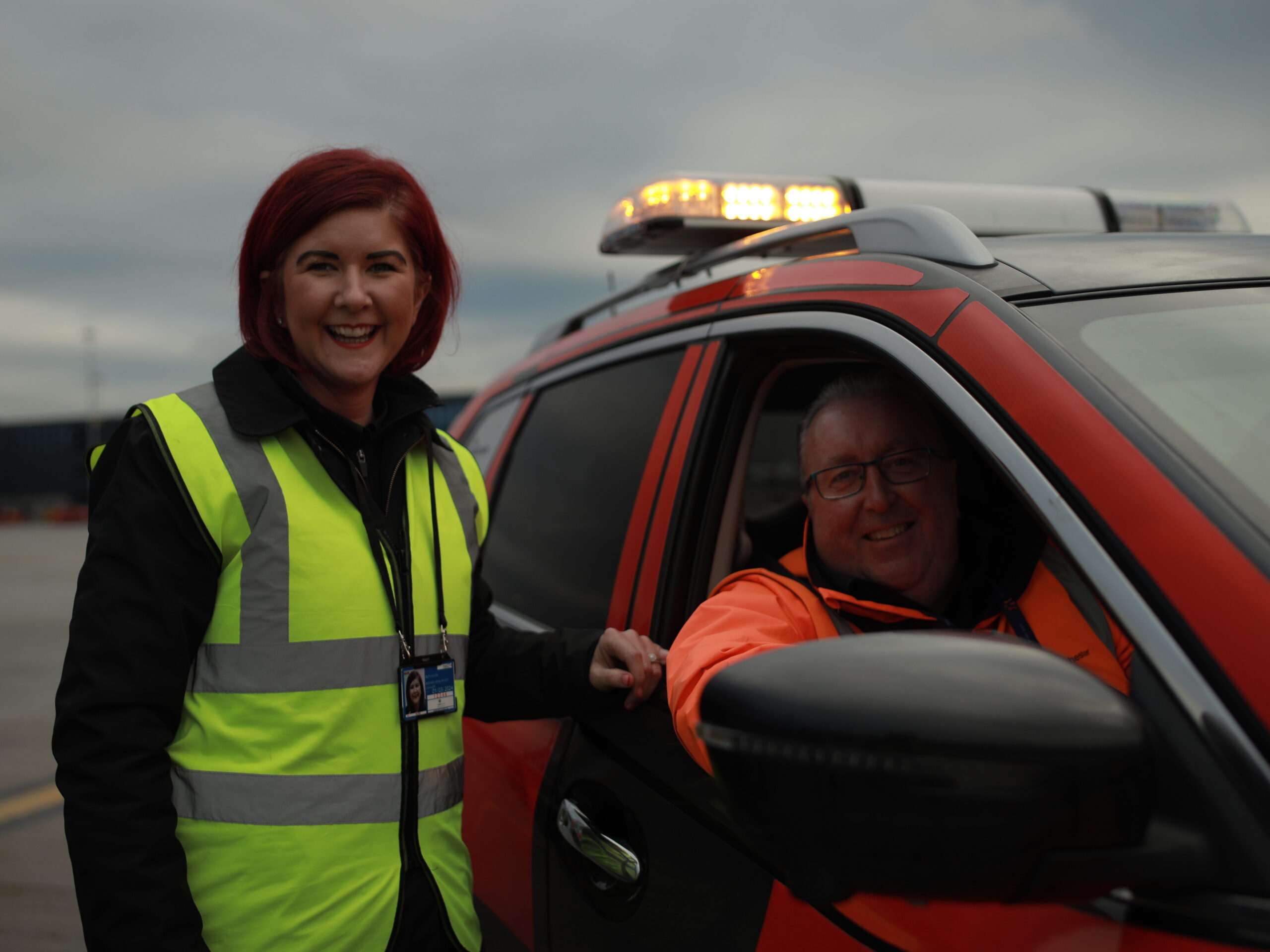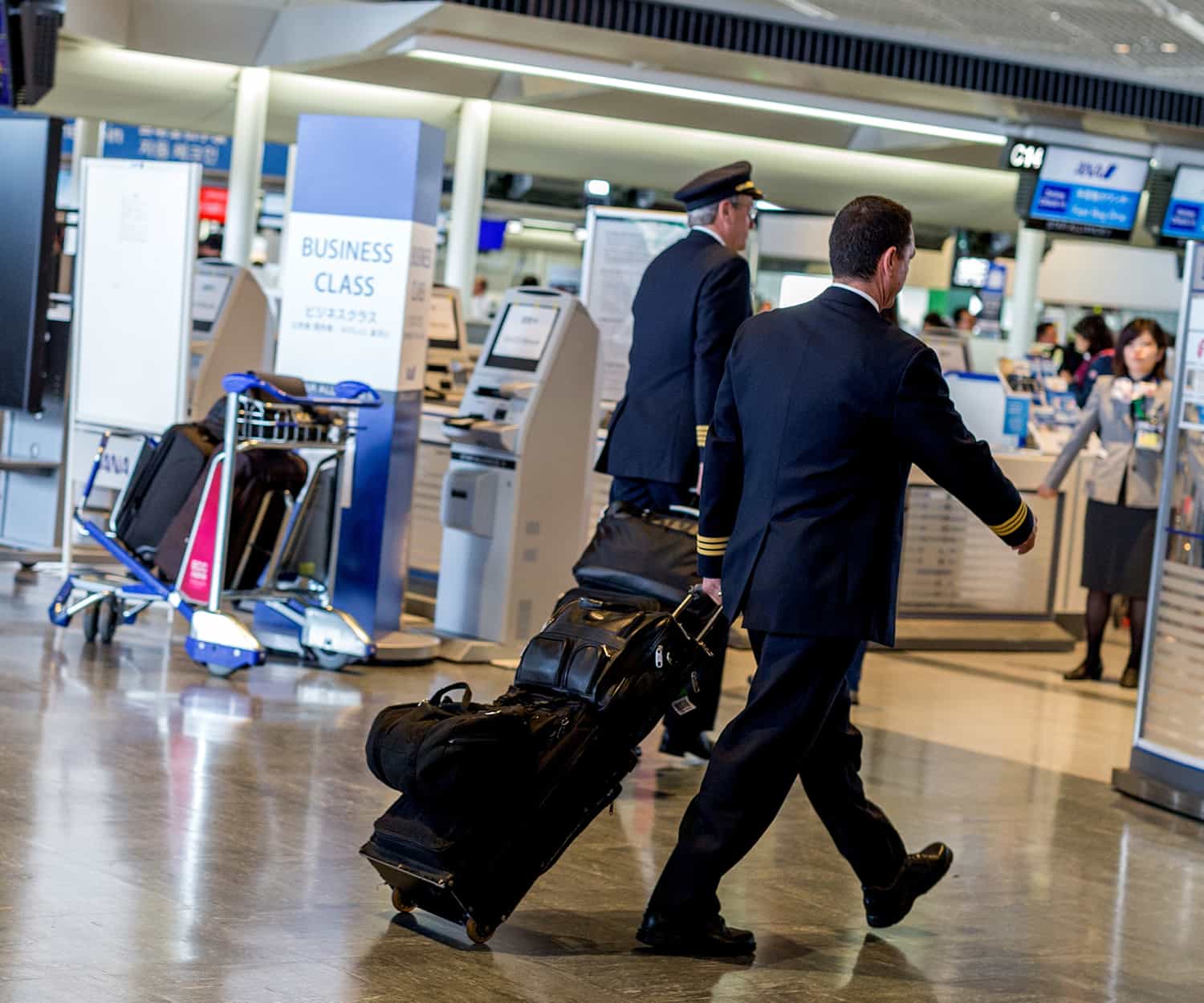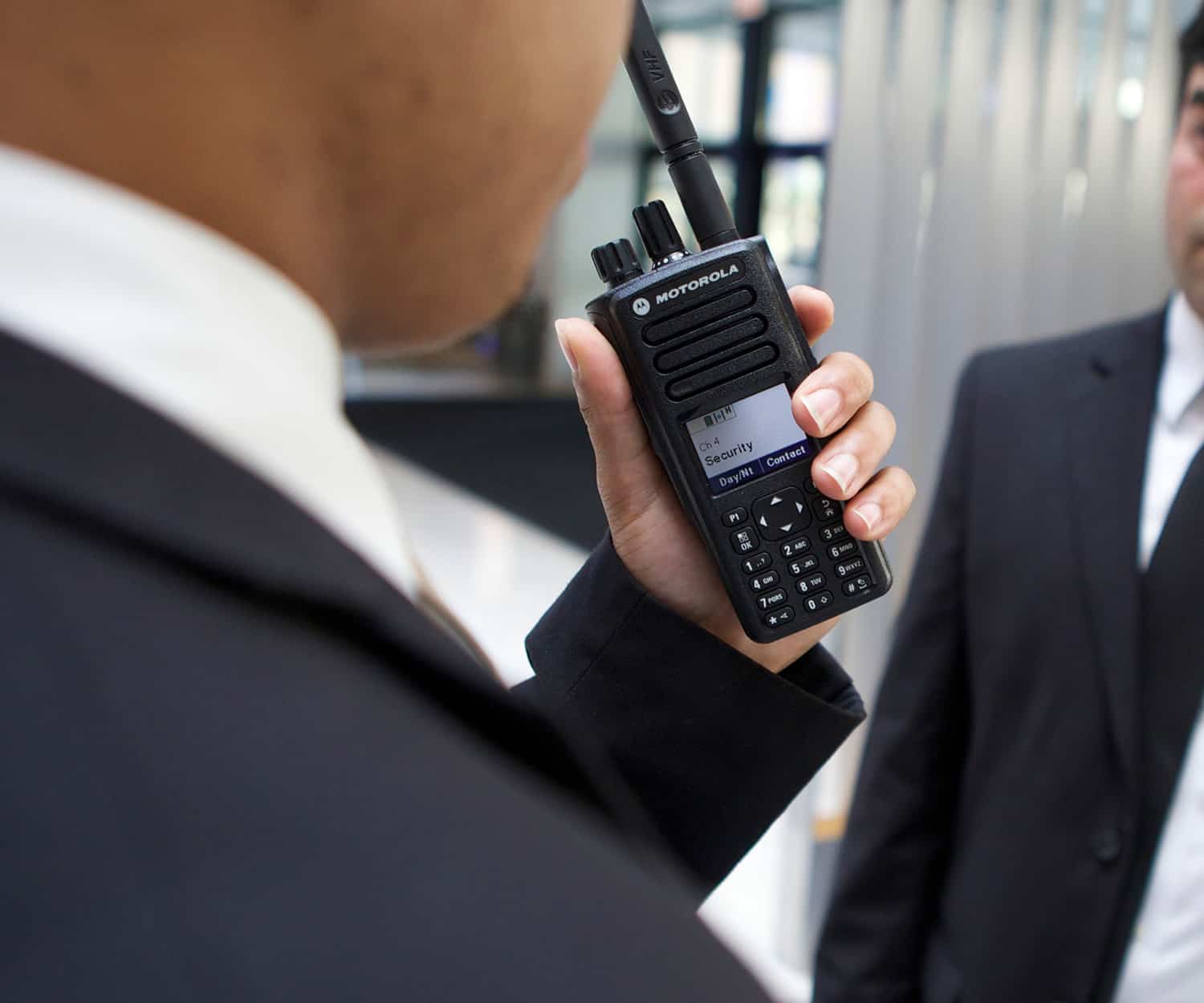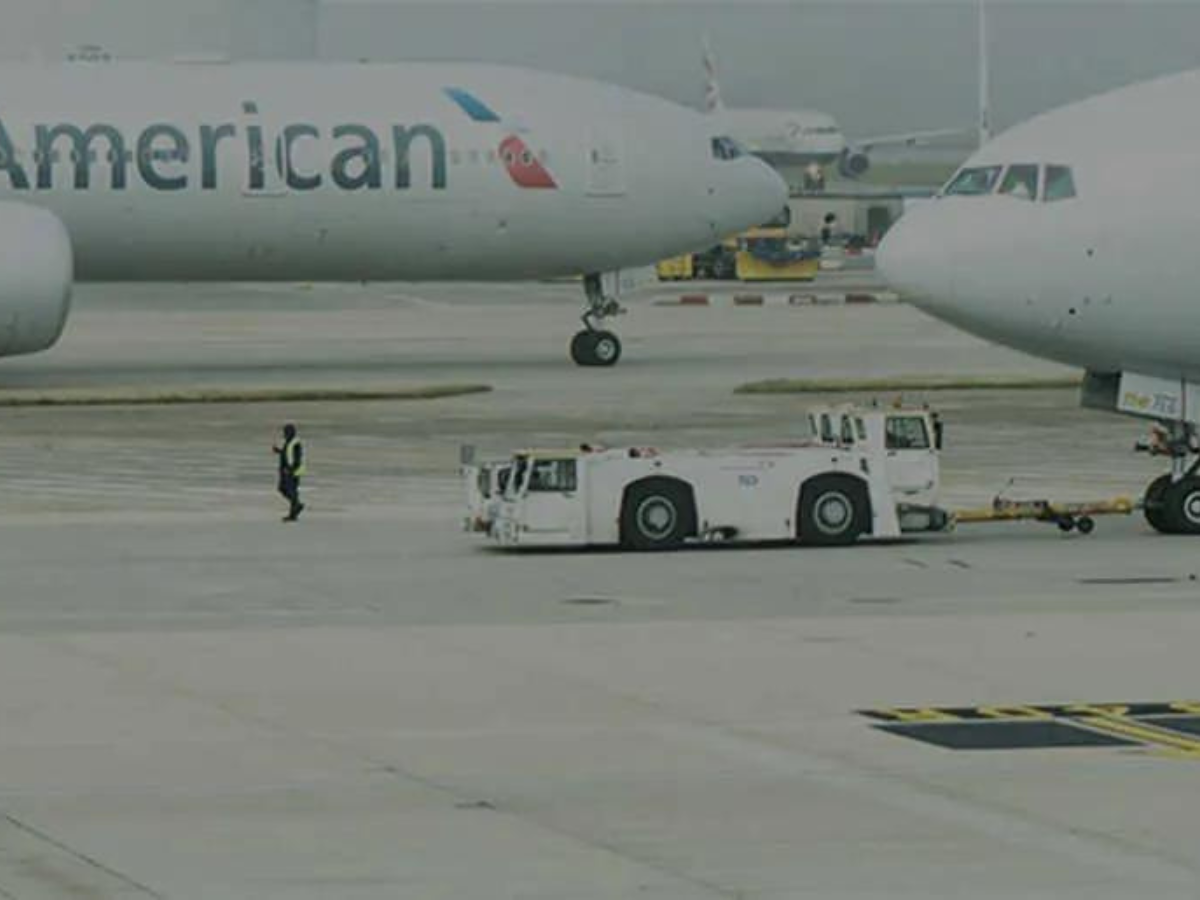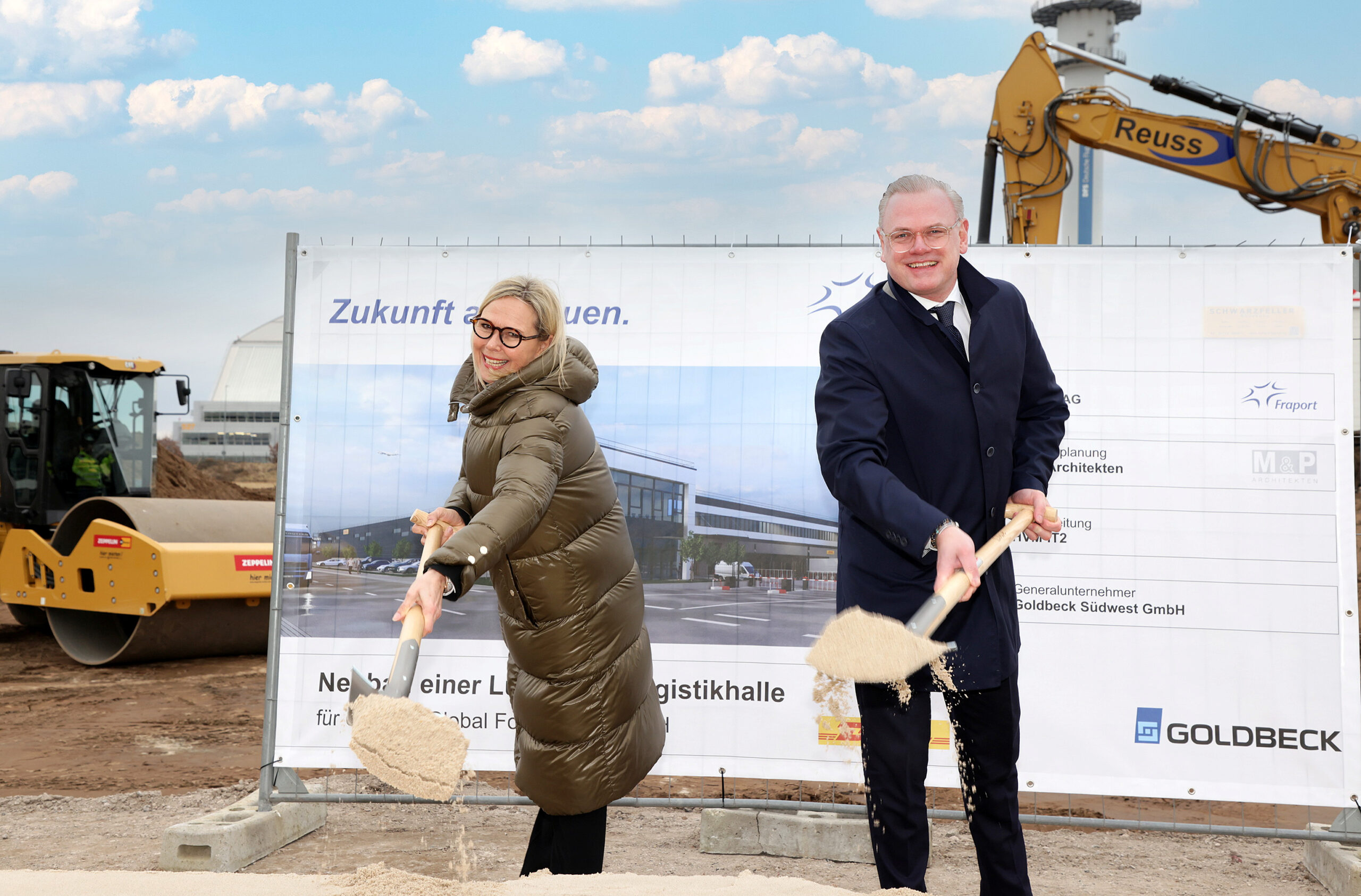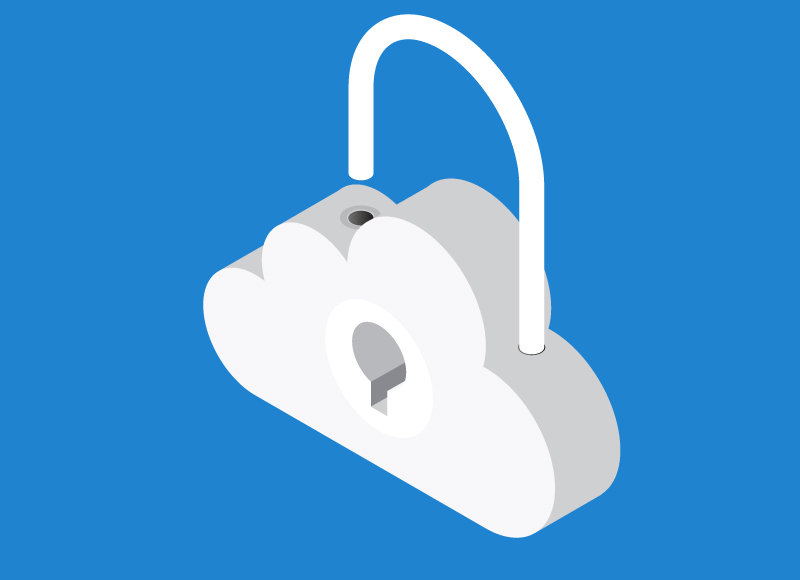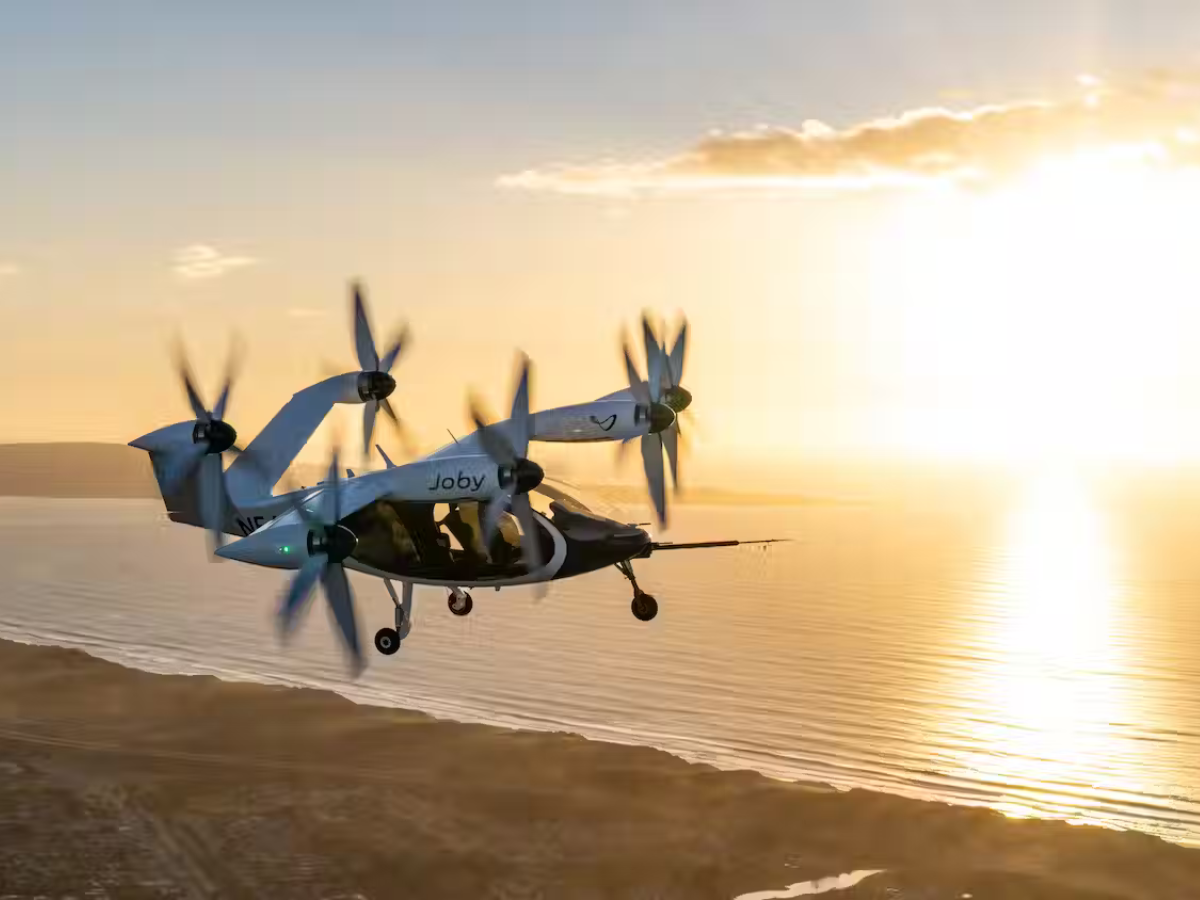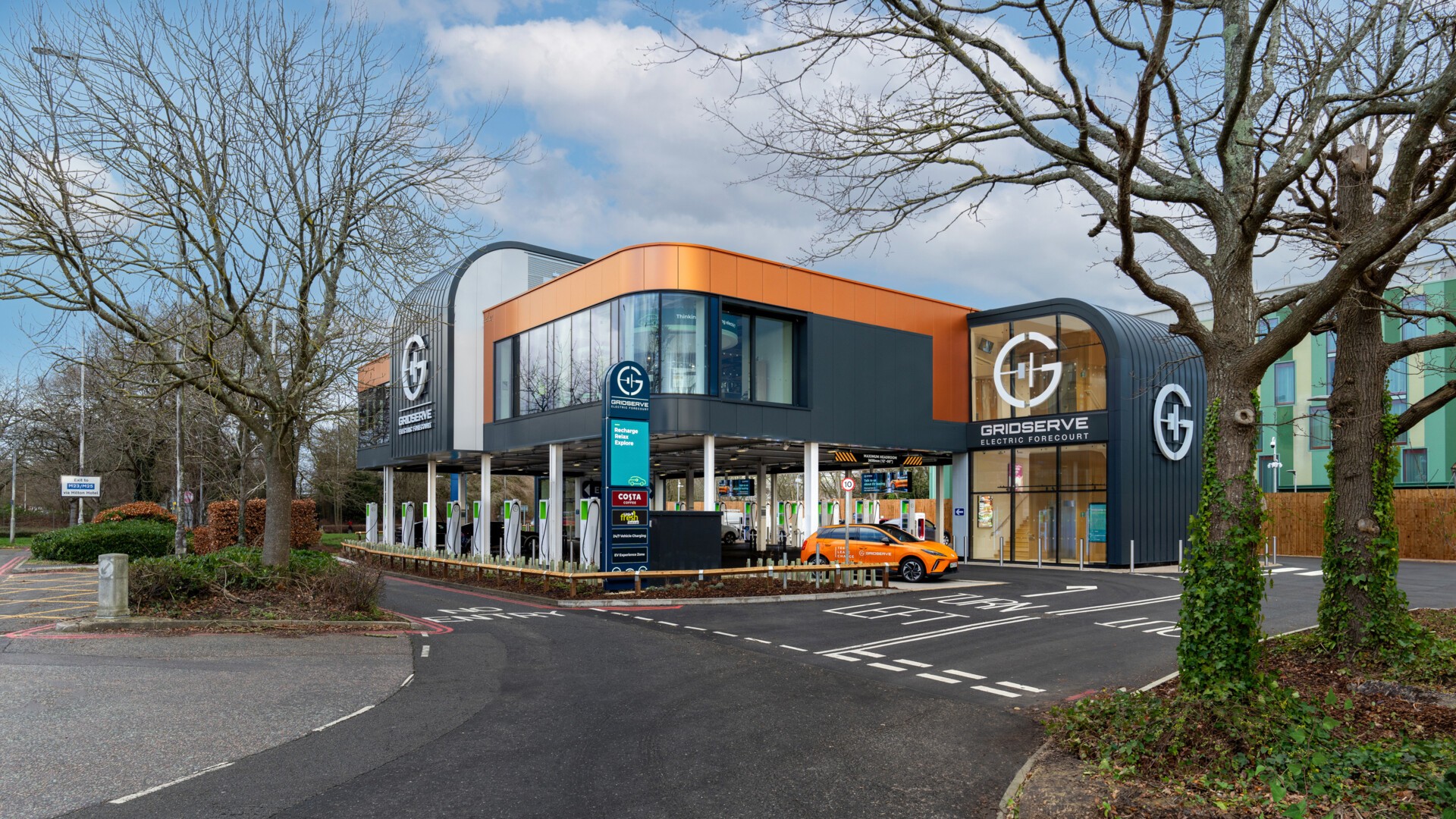British Airways Deploys Motorola Solutions Wave Broadband PTT Solution Extending Ground-to-Air Radio Communications
The Challenge
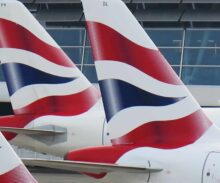
There were several driving factors for our client British Airways to commence this project. Firstly, BA needed to relocate operations from its facility in the Compass Centre to its Waterside headquarters and Terminal 5. Secondly, the airline needed to reduce the total cost of ownership of voice, video and data services in use. Finally, British Airways wanted a way to manage communication services with ease.
In support of its technology strategy to embrace IP, British Airways had already deployed a CCCM IP telephony solution operating on a converged IP network. With IP convergence enabling voice and data packets to be transported on a single network infrastructure, BA was now in a position to also transfer its ground-to- air communications onto its IP network.
To improve its communications services, they selected an on-premise, fully managed and maintained solution from Radiocoms Systems Ltd. The solution features Motorola Solutions WAVE 5000 operating on British Airways’ existing converged IP network. Comprised of a number of elements, the WAVE 5K solution deployed included clients on standard desktop PCs, and bespoke server infrastructure.
Lee Weatherley, Voice/Video Solutions Manager, British Airways, said:By putting our ground-to-air communications directly on our IP network, we could dispense with expensive remote terminals and leased lines, gaining the flexibility to adapt to every changing airport environment using any readily available network ports.
WAVE is a tremendously powerful unified communications platform with a suite of applications that makes it possible for teams of people, whether mobile or in their offices, to effectively communicate and collaborate.
BA WAVE Solution Benefits
Simplified Communications Architecture
By replacing its remote radio base station, radio handset and leased line connections architecture with desktop PC applications running over a standardized IP network that can be accessed from any geographical location, BA enjoys a more flexible, scalable and future-proofed ground-to-air communications capacity.
Unlimited Communications Extensibility
Now that radio communications can be distributed over an IP network to other application-enabled wired and wireless devices, BA operations personnel have the flexibility to adapt
to an ever-changing airport environment using any readily available network port or wireless connection to access ground-to-air communications.
Significant Capex and Opex Reductions
Because it is no longer wholly dependent on aging radio base station and repeater hardware, spares inventory, recurring maintenance charges and monthly leased telephone lines, BA has seen immediate and longer-term cost benefits associated with its IP-based ground-to-air system.
Freedom to Explore New Device Choices
WAVE applications can turn almost any smartphone, tablet, desktop phone, PC or handheld mobile computer into a push-to- talk (PTT) communications device, giving local communications a strategic capability that knows no device, network or regional boundary. With WAVE, BA has the ability to pursue transformational operating strategies that put critical voice communications on the device they believe most appropriate for any given role.
The Solution
WAVE was recommended for and deployed to British Airways because it provides secure, real-time communications from any IP enabled position on the network and from a number of industry-standard smartphone devices.
This capability means that all British Airways end users, whether mobile or in the office, can effectively communicate and collaborate through voice, text and data. Using WAVE, British Airways now has the opportunity to operate a mixed estate of devices without impairing functionality.
Download the full case study here.
Built to Withstand
Deployed to more than 75 operational positions serving in excess of 1,000 users, the WAVE Desktop Communicator application allows British Airways’ operators to communicate to smartphones, radios and carrier push-to-talk (PTT) networks from any WAVE-enabled PC, across a secure network infrastructure.
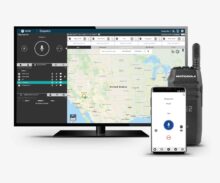
This capability not only removes the need to deploy radio handsets to desktop workers who don’t need them, but also allows users to participate in communications between multiple radio channels. In addition, the Desktop Communicator provides activity displays, audio recording and instant replay to give users a complete communications history.
Conclusion
As a communications platform, Motorola WAVE 5000 is unrivalled. One of the key benefits to British Airways is the capability to cost effectively globalise radio communications. Using WAVE, British Airways now has the ability to replicate its U.K. control centre anywhere in the world.

Furthermore, the airlines’ ground-to-air communications now benefit from the inherent resilience of its fully redundant IP network infrastructure.
This article was originally published by Radiocoms.


